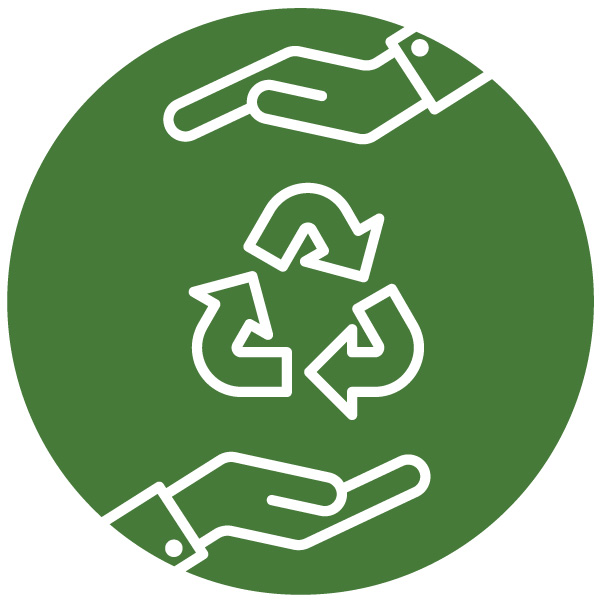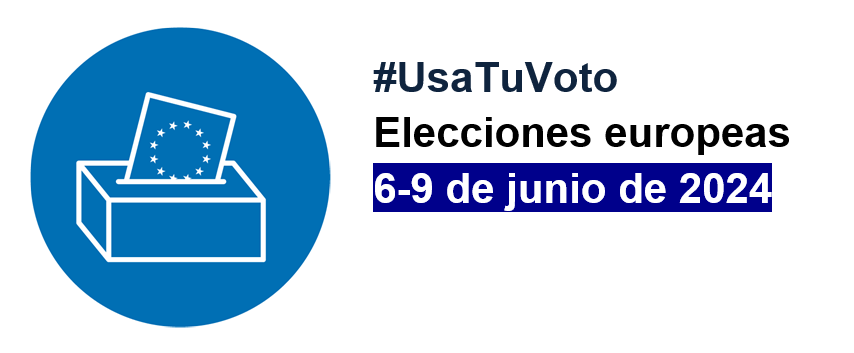
Madrid, 20 March 2024. The new Directive (EU) 2024/825, which aims to empower consumers for the green transition, will improve consumers' rights against misleading "green" claims, including unfair carbon offset claims. The aim is to put an end to corporate greenwashing and to ensure that all environmental impact claims, which are commonly used to encourage consumption of products, are truthful, understandable and reliable. In this way, the Directive reinforces the consumer's right to have clear, relevant and accurate information on the environmental impact of the products they consume. It also clarifies the responsibility of traders to inform or not to inform about premature obsolescence, unnecessary software upgrades or the unjustified obligation to buy spare parts from the original manufacturer. The aim is to help consumers make greener purchasing decisions and contribute to the development of a circular economy.
This legislation will be complemented by a future European Environmental Claims Directive that will focus on regulating eco-labels and environmental claims to make them reliable. It will focus on what claims are allowed, indicating what can be claimed and under what conditions. Companies will also be obliged to prove their environmental claims before advertising products as "biodegradable", "less polluting", "using less water" or having "bio-content". To this end, Member States will appoint verifiers to pre-approve the use of these claims to protect shoppers from misleading and ambiguous advertising.
New harmonised label on the commercial guarantee of durability.
Under the new Directive 2024/825- published in the Official Journal of the EU on 6 March - specific information on the durability and repairability of all products will need to be provided prior to purchase. In cases where there is no EU-level repairability rating, details must be provided on availability, estimated cost and procedures for obtaining spare parts, as well as the availability of repair and maintenance instructions, and any restrictions related to repair.
For digital products, consumers should be informed about how long free software updates will be available. Where applicable, consumers should also be informed about the availability of environmentally friendly delivery options or the possibility to opt for grouped deliveries.
More information, better consumers
- Generic environmental claims such as "environmentally friendly", "green", "sustainable", "biodegradable" or "good for nature" are prohibited. Environmental claims must be specific to provide value to the consumer.
- Carbon offset claims, such as "climate neutral" or "zero net emissions", that lead consumers to believe that a product has a neutral, reduced or positive impact on greenhouse gas emissions are prohibited.
- The use of sustainability labels is prohibited unless they are based on a certification scheme or have been established by public administrations.
- It is prohibited to make environmental claims about the whole product or the whole company, when in fact only a certain aspect of the product or a specific activity is concerned.
- It is prohibited to use statutory limitations, such as "phosphate-free" on a washing machine or dishwasher detergent, as an environmental claim.
- Withholding information about the possible negative effects of a software update on digital products is prohibited. For example, if an update affects the battery or performance of a device.
- Consumers shall not be induced to change parts or consumables before it is actually necessary for technical reasons.
- Manufacturers may still require the purchase of original brand accessories or spare parts, but may not withhold information on how the product works when using non-original brand parts or accessories.
- It is prohibited to advertise irrelevant benefits to consumers, such as that the paper does not contain plastic.
Spain initiates the processing of the Sustainable Consumption Law
Member States shall adopt and publish by 27 March 2026 the provisions necessary to comply with Directive 2024/825. In the case of Spain, the Ministry of Social Rights, Consumption and Agenda 2030 has already announced that it has begun to process the Sustainable Consumption Law with the opening of a prior public consultation. As announced by the Secretary General for Consumer Affairs and Gambling, Bibiana Medialdea, the Spanish law will include the right to repair as a basic principle, allowing - whenever possible - the option to repair a product. In the same way, it is foreseen that the repair of products will increase their guarantee when this option is chosen. Another of the novelties announced is that Pablo Bustinduy's Ministry will legislate so that access to sustainable products does not depend on a person's income, as "this is a fundamental right" and, as such, "this right will be guaranteed through the Sustainable Consumption Law".
Source of information:

Further information: